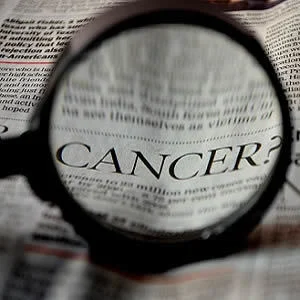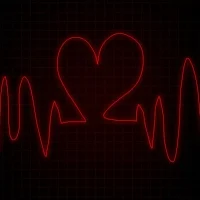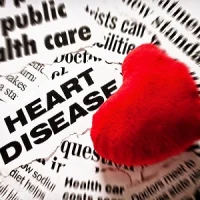Cardiovascular toxicity has become a challenging issue during cancer therapy. A survey of oncologists in France reveals that respondents commonly (>90%) prescribe therapies that are associated with cardiotoxicity. Interestingly, the survey shows that the assessment and management of the cardiovascular status of cancer patients is often inconsistent between oncologists before, during and after cancer therapy administration.
The findings, published in the International Journal of Cardiology, highlight the need for distribution of consensual guidelines involving both oncology and cardiology expert societies. The study results also indicate that the management of cancer patients might be improved by a multidisciplinary approach and equal access to innovative and personalised cardio-oncology programmes.
In this study, Drs. Jovenaux, Thuny, and colleagues have demonstrated not only what is accepted knowledge with oncologists but really they have identified how much work needs to be done in cardio-oncology, according to an accompanying editorial written by Daniel Lenihan, MD, Division of Cardiovascular Medicine, Vanderbilt University Medical Center in Nashville, TN.
Dr. Lenihan says there are many important gaps in the current practice of cardio-oncology. For example, the approach to management of left ventricular dysfunction identified in the context of specific cancer therapeutic choices is highly variable and no consistent plan of action is apparent. In addition, no paradigm for monitoring of cardiac safety is established even with cancer therapeutics that have been used for decades.
The doctor sees the French study as "a call to action" for all those who even have a modest interest in cardio-oncology throughout the world. He writes, "It is with unprecedented complexity that the scope of our burgeoning discipline is expanding. The continuous pursuit of ‘targeted’ therapy for a wide range of cellular targets that are important for the progression of cancer has resulted in a greater understanding of the biologic overlap between cancer biology and cardiovascular (CV) pathophysiology."
For cardio-oncology to progress in a meaningful and consequential way, Dr. Lenihan cites the need for clinicians to define:
1. How to detect CV toxicity (including vascular toxicity) in the most judicious and effective manner;
2. Describe, by reporting clinical outcomes in the broadest possible populations, what are the best clinical approaches to identified CV toxicity that is not limited solely to a response for identified left ventricular dysfunction;
3. Commit to training and education of medical professionals at all levels in order to refine the knowledge base that is required for the optimal management of CV disease in patients being treated or previously treated for cancer.
He adds, "I encourage all that are medical professionals interested in ensuring the best overall CV outcomes for our patients with cancer or those that have survived after treatment to read this survey and join in the global effort to improve ourselves."
Source: International Journal of Cardiology
Image Credit: Pixabay
References:
Jovenaux, Ludovic et al. (2017) Practices in management of cancer treatment-related cardiovascular toxicity: A cardio-oncology survey. International Journal of Cardiology. doi.org/10.1016/j.ijcard.2017.02.154
Latest Articles
cardio-oncology, cancer patients, best practice, cardiotoxicity
A survey of oncologists in France reveals that respondents commonly (>90%) prescribe therapies that are associated with cardiotoxicity. Interestingly, the survey shows that the assessment and management of the cardiovascular status of cancer patients is o










